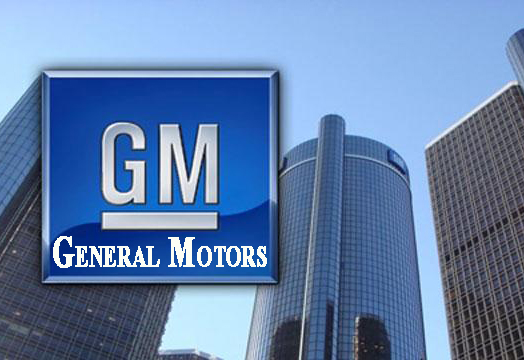Fresh off a $7 billion rescue for its loss-making South Korean operation, General Motors is dealing with a new threat as U.S. President Donald Trump thinks about higher vehicle import tariffs that could “make or break” its Asian subsidiary.
Previously this month GM agreed on the bailout package with the South Korean government in return for a commitment to stay in the nation for no less than a decade, purchase more Korean-made parts and produce two new models popular in the U.S. market.
But less than two weeks later, the Trump administration started a national security investigation into car and component imports that could result in new U.S. tariffs comparable to those imposed on imported steel and aluminum in March.
Higher tariffs would be troublesome for Asian automakers whose deliveries involved one third of U.S. vehicle imports last year through heavyweights including Toyota and Hyundai Motor.
They could also have a devastating effect on smaller players including GM Korea and its plan to become a major export hub again.
“This is a matter that could make or break GM Korea,” a person knowledgeable with GM’s situation informed Reuters.
“The success of its restructuring plan hinges on more production for exports, and the two new models to be manufactured here are mainly targeted at the U.S. market to serve that purpose,” the person stated, requesting anonymity due to the sensitivity of the subject.
GM Korea, GM’s biggest production base in Asia apart from China, exported about a quarter of its vehicle output to the United States in 2017, and the portion is set to boost further as it shifts production toward models popular in the U.S. market after a sales pullback in Europe.


